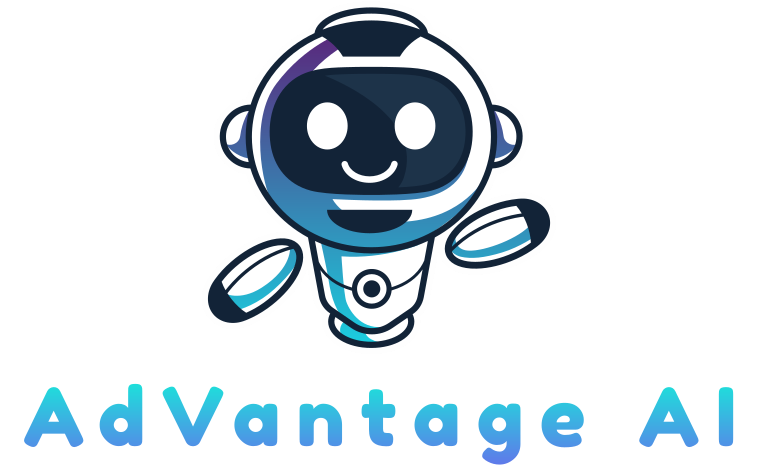As artificial intelligence (AI) and robotics continue to advance and integrate into various aspects of society, ethical considerations have become paramount. While these technologies offer incredible benefits, they also raise important questions about privacy, accountability, and the impact on human employment. At AdVantage AI, we believe it is crucial to explore and address these ethical concerns to ensure the responsible development and deployment of AI and robotics.
Privacy and Data Security
One of the most pressing ethical issues surrounding AI is privacy. AI systems often rely on vast amounts of data to function effectively, which can include sensitive personal information. Ensuring that this data is collected, stored, and used in a manner that respects individuals’ privacy rights is essential. Companies must implement robust data security measures and transparent policies to protect users’ information and build trust.
Accountability and Transparency
As AI systems make more decisions, the question of accountability becomes increasingly significant. Who is responsible when an AI system makes a mistake or causes harm? It is essential to establish clear guidelines and accountability frameworks to address this issue. Additionally, AI algorithms should be transparent, allowing users to understand how decisions are made and ensuring that these systems are free from biases and discrimination.
Impact on Employment
The automation of tasks traditionally performed by humans raises concerns about job displacement and economic inequality. While AI and robotics can increase efficiency and productivity, they can also lead to significant changes in the job market. It is crucial to consider strategies for reskilling and upskilling workers to adapt to this new landscape, ensuring that the benefits of AI are shared equitably across society.
Ethical AI Development
Developing AI with ethical principles in mind is fundamental to ensuring that these technologies benefit humanity. This includes designing AI systems that prioritize fairness, avoid biases, and respect human rights. Collaborative efforts among governments, industry leaders, and ethical researchers are needed to create standards and regulations that guide the responsible development of AI and robotics.
Societal Impact
AI and robotics have the potential to profoundly impact society, from healthcare and education to transportation and law enforcement. It is vital to consider the broader societal implications of these technologies and strive to use them in ways that promote social good. This includes using AI to improve access to healthcare, enhance educational opportunities, and ensure public safety, while also safeguarding against misuse and unintended consequences.
Human-AI Collaboration
Rather than viewing AI and robotics as replacements for human workers, we should focus on how these technologies can augment human capabilities. Human-AI collaboration can lead to innovative solutions and improved outcomes in various fields. By leveraging the strengths of both humans and machines, we can create more efficient, creative, and effective ways of working and living.
Ethical Education and Awareness
Raising awareness and educating the public about the ethical implications of AI and robotics is essential. By fostering a deeper understanding of these issues, we can encourage informed discussions and promote responsible decision-making. Educational initiatives should aim to equip individuals with the knowledge and skills needed to navigate the complexities of AI ethics.
At AdVantage AI, we are committed to exploring and addressing the ethical challenges posed by AI and robotics. By prioritizing privacy, accountability, and fairness, we strive to develop technologies that enhance society while respecting ethical principles. As we continue to innovate, we invite stakeholders from all sectors to join us in this important conversation and work together to shape a future where AI and robotics contribute positively to humanity.


